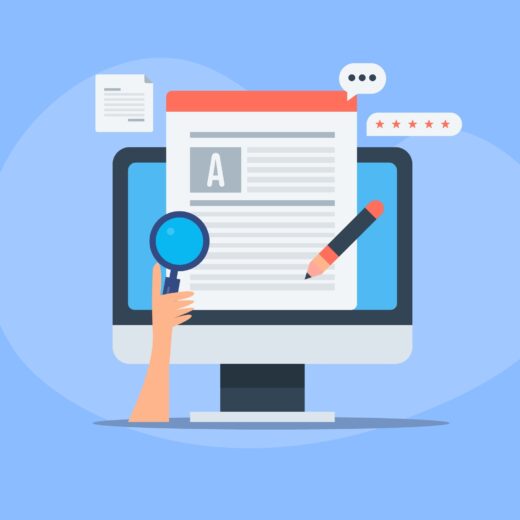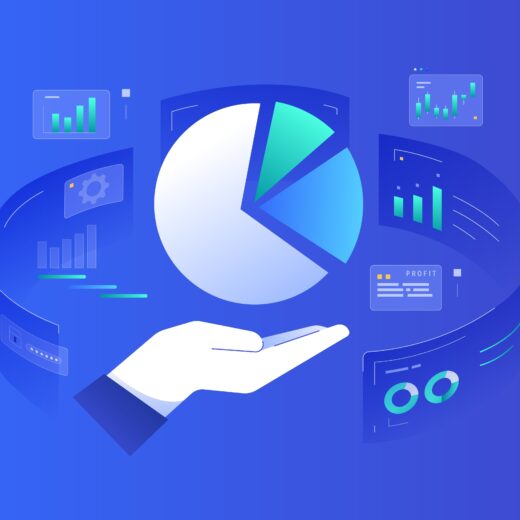Why Thin Content Hurts Your Website

Thin content can significantly harm your website’s performance, affecting your rankings, user experience, and overall credibility. In this blog, we’ll explore why thin content is a problem and how it can negatively impact your site.
What is Thin Content?
Thin content refers to web pages with little or no value to users. This includes pages with very few words, duplicate content, or auto-generated text that doesn’t provide meaningful information. Google’s algorithms are designed to identify and penalise such content, as it goes against their goal of delivering high-quality, relevant results to users.
How Thin Content Affects SEO
1. Lower Search Rankings
Search engines prioritise websites that offer valuable, informative, and well-structured content. Pages with thin content are often seen as low quality and are unlikely to rank well in search results. If your site has multiple thin-content pages, Google may consider your entire domain less authoritative, further reducing your rankings.
2. Increased Bounce Rates
When users land on a page that doesn’t answer their query or provide sufficient information, they leave quickly. High bounce rates signal to search engines that your content isn’t meeting user expectations, which can lead to ranking drops.
3. Indexing Issues
Google’s algorithm determines which pages to crawl and index based on their value. If your website has a lot of thin content, search engines may ignore or de-prioritise those pages, reducing their visibility in search results.
4. Potential Google Penalties
Google’s Panda algorithm update specifically targets websites with low-quality or thin content. If your site is flagged for this issue, you could experience a manual or algorithmic penalty, which can be difficult to recover from.
The Impact on User Experience
1. Frustrated Visitors
Users expect helpful, in-depth content when they visit a website. If they don’t find what they need, they’re unlikely to return, reducing customer engagement and trust in your brand.
2. Fewer Conversions
Quality content plays a crucial role in guiding users through the buyer’s journey. If your pages lack detailed information, customers may leave before making a purchase or inquiry, reducing conversions.
3. Weaker Brand Authority
A website filled with thin content appears untrustworthy and unprofessional. If users and search engines don’t see you as an authority in your industry, you’ll struggle to build credibility and compete with stronger websites.
How to Avoid Thin Content
1. Write In-Depth, Valuable Content
Ensure each page offers unique, well-researched, and informative content that addresses user intent. Blog posts, guides, and detailed product descriptions help improve content quality.
2. Avoid Duplicate or Auto-Generated Content
Ensure all content on your site is original and useful. Avoid using AI-generated or copied content that doesn’t add real value.
3. Use Multimedia to Enhance Engagement
Adding images, videos, infographics, and interactive elements can make content more engaging and informative for users.
4. Regularly Audit and Update Your Content
Perform regular content audits to identify thin pages and improve them. Updating older content with fresh insights can also boost rankings.
By focusing on high-quality content, you can improve SEO, enhance user experience, and strengthen your website’s authority in your industry.








